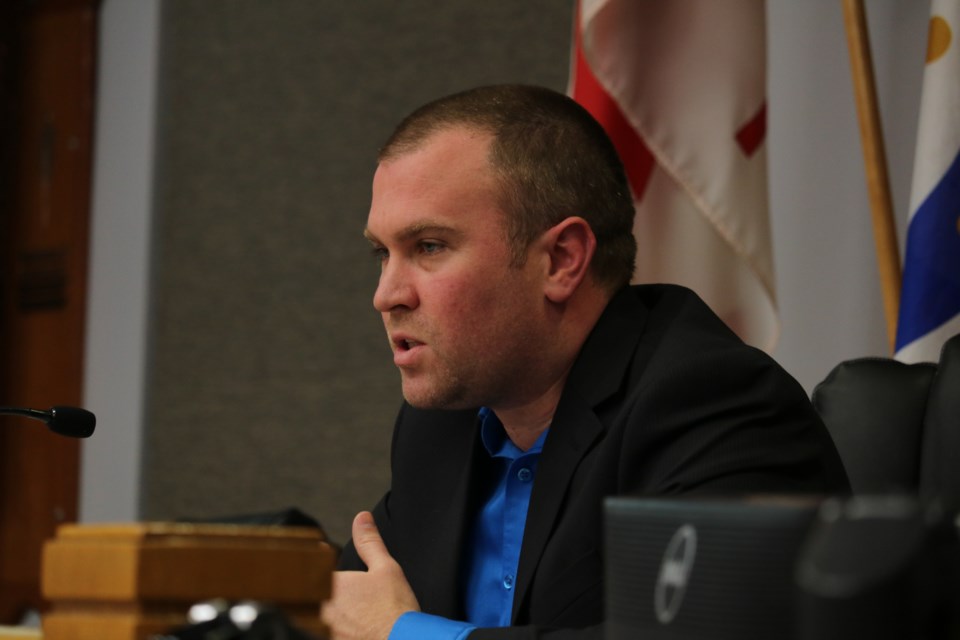TIMMINS — With the Chief Ontario Human Rights Commissioner saying there is a "pervasive level of racism" in Timmins, Mayor Steve Black stands by his comment that racism isn’t ‘normalized’ in the city.
After Renu Mandhane's trip to the area last week, the Canadian Press reported that she said racism appears to be normalized in the city and that her group got “the sense that there is a pervasive level of racism that Indigenous people experience in Timmins.”
Black said there's been some "push back" to his response.
“I do, as mayor, take offense to that statement and it may be a different interpretation of the word normalized, but for me the word normalized by definition means a standard that is accepted and to me I don’t believe racism is an accepted standard in the City of Timmins by the vast majority of people in the City of Timmins,” he said.
He doesn't deny, however, that racism does exist in the community and that it's something that needs to be worked on.
Black met with Mandhane during her four-day trip, which included meetings at the Timmins Native Friendship Centre, Timmins Police, school boards, and more. She also visited Moosonee and Moose Factory.
During her visit, she told TimminsToday that the Ontario Human Rights Commission’s mandate is to “address systemic discrimination around the province in relation to housing, employment and service delivery.”
One of her goals was to understand the experience of Indigenous people living in or accessing services in Timmins.
Ahead of her meeting with the mayor, she had hoped to talk to him about reconciliation efforts, noting that other communities have “formal mechanisms” for leaders to talk about and resolve common issues.
Black said he had a good talk with the commissioner about it.
“It’s important that we get these issues on the table for discussion and start working towards solutions,” he said.
“I think it’s important for both sides to contribute to that process and take the actions needed to get to some of these solutions.”
Black said First Nations are an “incredibly important aspect” of the community.
“When you look at a population demographic that is somewhere between 10 and 20 per cent of the population and growing…they clearly play a very important role in our community,” he said, adding the people also come to town for access to services, events and shopping.
Talking about racism and discrimination in the community has been more prevalent since Ontario’s police watchdog launched investigations into two deaths in two separate incidents in February.
The Special Investigations Unit is looking into the circumstances around the death of 21-year-old Joey Knapaysweet Feb. 3, and 62-year-old Agnes Sutherland, who died in hospital Feb. 4 after being in police custody.
After the incidents, Black addressed the community’s response at a council meeting, saying the comments directed at the victim and the family weren’t appropriate.
A joint statement from the chiefs of Nishnawbe Aski Nation, Mushkegowuk Council and Fort Albany First Nation also questioned if systemic racism is happening in Timmins.
Black said he’s asked chiefs to let him know if somebody feels like they were mistreated. If he knows about incidents, he said he “can follow up with the service provider or the city official and address what happened.”
Mandhane plans to be back in town within about a year to provide human rights training for local agencies.
Black said he's "fully open" to working with her on that and has already talked to community partners interested in wanting to take part.
He said there is also a goal to arrange a forum to get municipal and Indigenous leaders at the table to address the issues.
— TimminsToday
